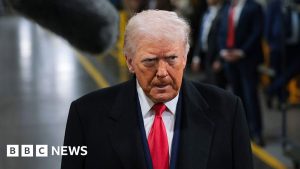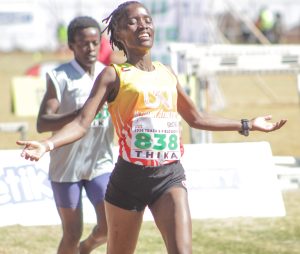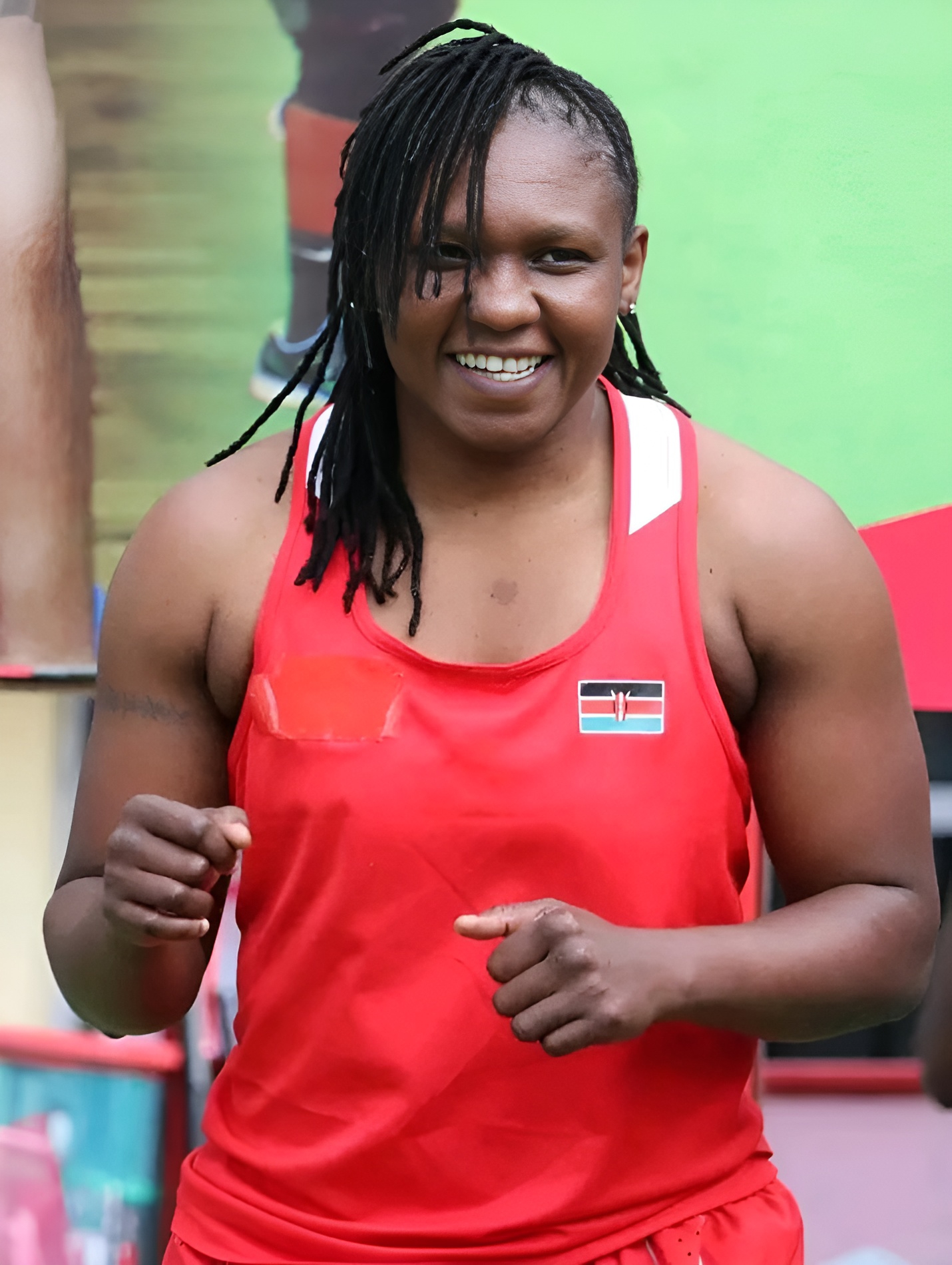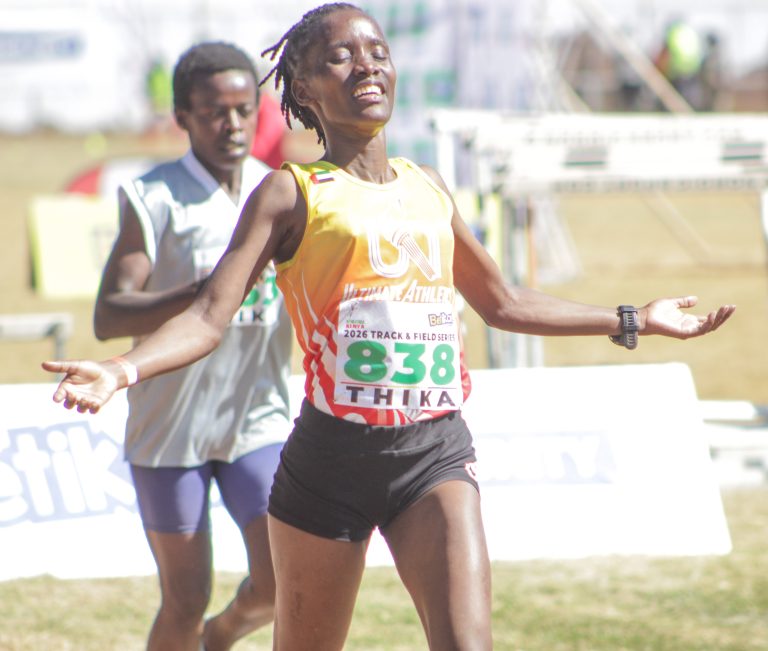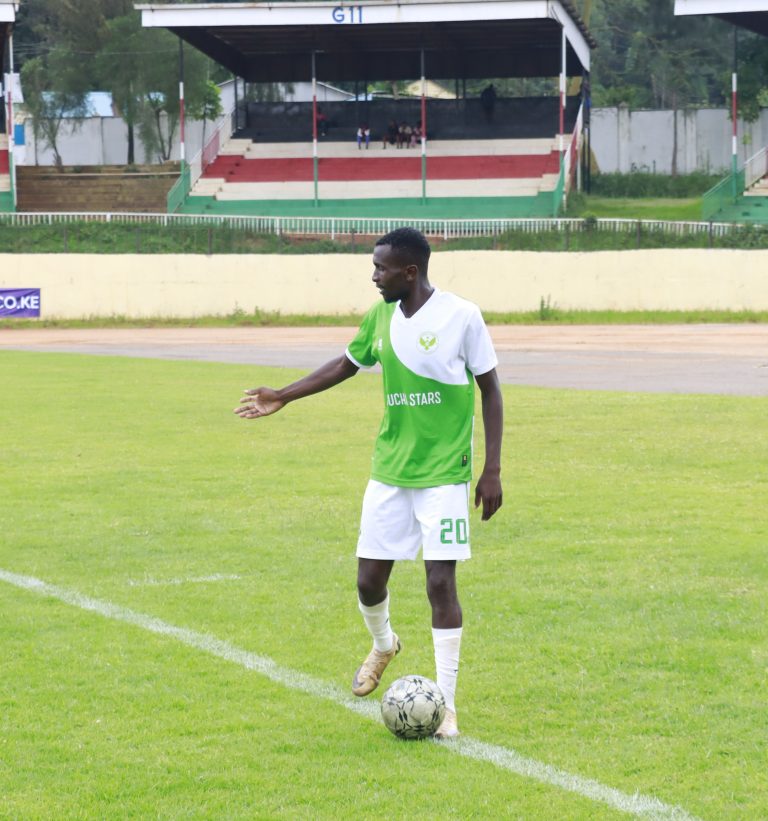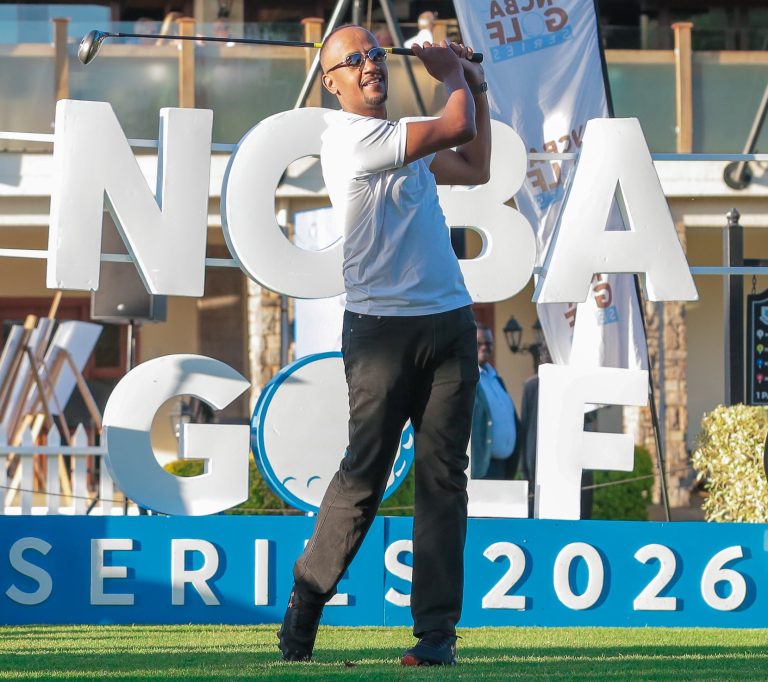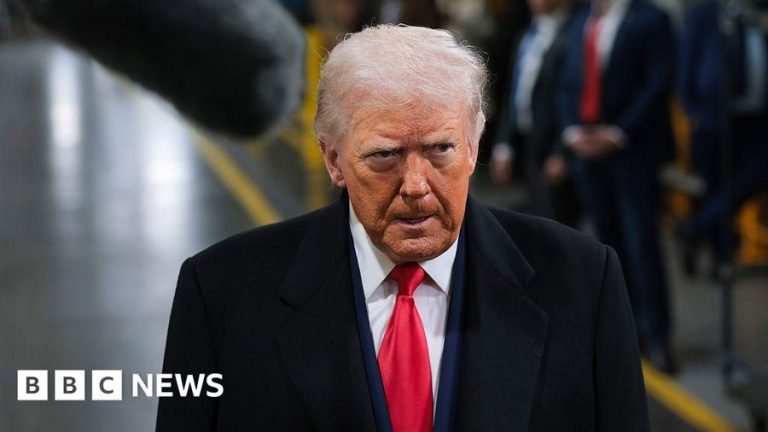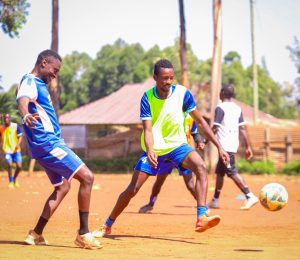Kenya’s Hit Squad delivered a commanding performance at the Africa Zone III Boxing Championships, capturing three gold medals and cementing their reputation as one of the continent’s fiercest boxing contingents.
From the moment the gloves laced and the first punches flew at the Moi Stadium, Kasarani indoor arena, the Hit Squad fought not just for medals, but for pride, identity, and home soil glory.
Silas Onyango was the first to paint the afternoon gold. In the men’s light flyweight, he delivered a flawless performance, outmanoeuvring Congo’s Mayala Tsimba with quick jabs and ring control that spoke of a man reborn.
“I came here to prove that Kenyan boxing still breathes fire,” Onyango said, his voice steady despite the bruises around his eyes. “Tsimba is a great fighter, but I wanted to show that discipline can outlast brute force.”
It was a contest of brains and brawn — Onyango dancing on his toes, baiting his opponent, and striking cleanly through the guard. The judges’ unanimous decision crowned him gold medalist, while Tsimba settled for silver.
“I had to remind myself what the flag means,” Onyango added. “Every jab, every punch — it was Kenya shouting back at doubt.”
Then came Amina Martha, whose explosive energy lit up the women’s bantamweight final against Tanzania’s Zulfa Yusuf. Her approach was fierce but composed — a blend of technical precision and raw hunger.
“This fight wasn’t just about me,” Martha said, still clutching her Kenyan flag. “It was for every young girl who’s told boxing isn’t for women. Tonight, I proved them wrong.”
Her gold medal moment came after a blistering third round in which she cornered Yusuf, landing a flurry of body shots that silenced the Tanzanian bench. The referee stepped in, and the crowd erupted.
“I’ve trained for years in silence,” she continued. “But tonight, the world heard me roar.”
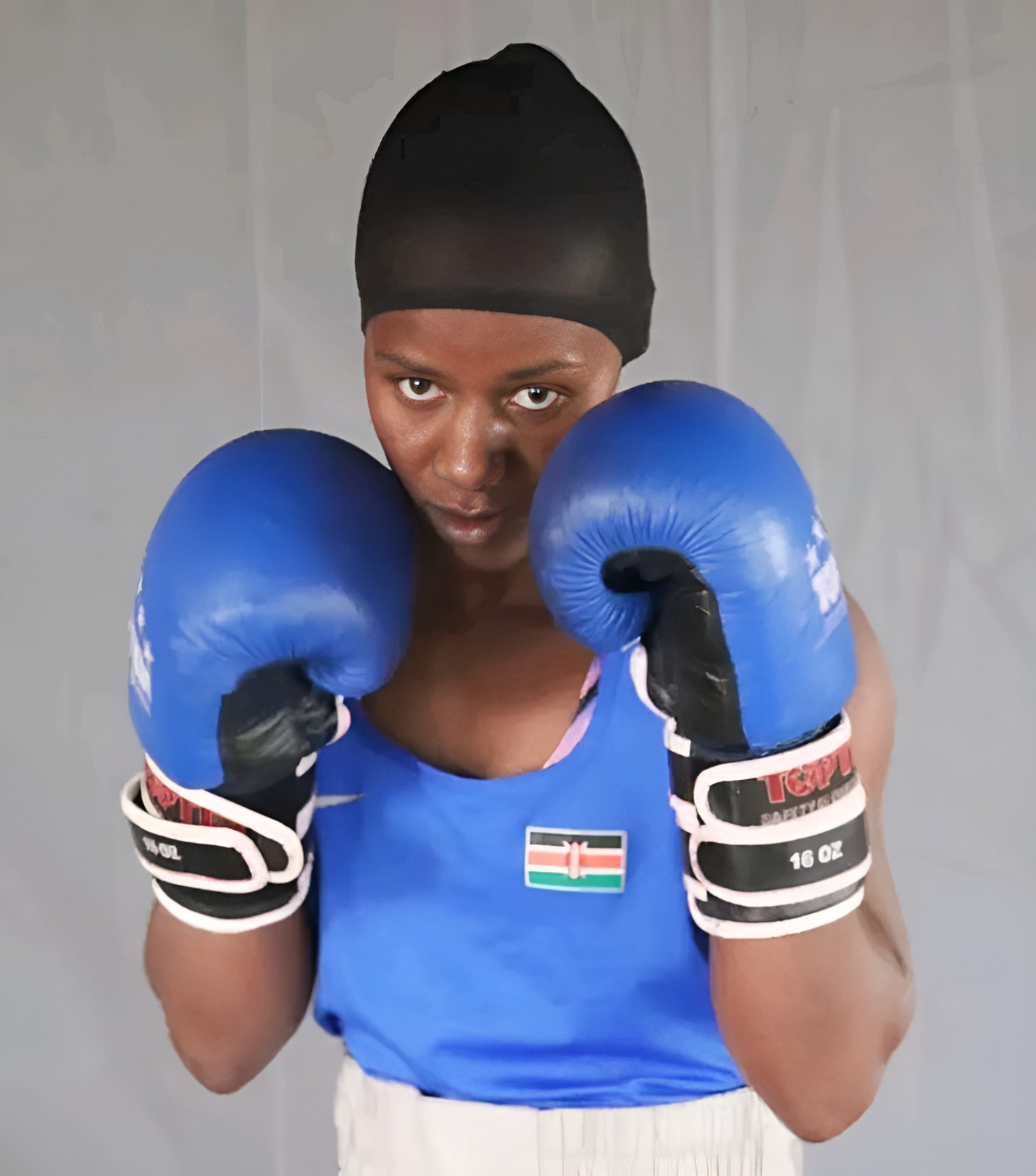 Amina Martha/FILE
Amina Martha/FILEIn the women’s light flyweight final, Veronica Mbithe brought the crowd to its feet. Facing Uganda’s Muduwa Brenda — taller, rangier, and more experienced — Mbithe compensated with footwork and relentless aggression.
“She thought I’d back down,” Mbithe smiled afterwards. “But I’ve learned that courage is louder than fear.”
Her victory was sealed in a dramatic final round that saw Brenda pinned on the ropes, unable to counter Mbithe’s storm of left hooks. When the bell rang, Mbithe lifted her gloves skyward, tears streaming down her face.
“I didn’t win this alone,” she said. “My teammates, my coach, my family — they’re all in this medal.”
Captain Elizabeth Andiego, the veteran leader of the squad, narrowly missed gold in the Women’s Middleweight final against Congo’s Mwamba LuLua.
The 2:3 split decision could have gone either way — a tactical, bruising duel between two seasoned warriors.
“I’ve fought hundreds of rounds in my life,” Andiego said. “But this one hurt — not because I lost, but because I wanted to bring gold home for the team.”
She paused, then smiled faintly. “Silver isn’t defeat. It’s a reminder that I’m still here, still fighting.”
Her poise and mentorship throughout the tournament drew praise from both opponents and teammates. “Liz taught us that leadership isn’t shouting — it’s bleeding quietly and rising again,” Mbithe later said.
Cynthia Mwai, in the Women’s Light Welterweight, displayed class and composure despite losing to Congo’s Mbalayi Mbamba.
Her silver medal was a hard-earned reward after enduring a relentless barrage in the final round.
“I gave it my all,” Mwai said. “But sometimes you win by learning. I’ll come back sharper — this is just the beginning.”
In the women’s lightweight, Emily Juma’s story was bittersweet. After cruising through earlier rounds, illness forced her to abandon her bout against Congo’s Munga Zalia.
“I couldn’t stand without shaking,” Juma admitted. “It broke my heart to stop, but I had to listen to my body. I’ll heal — and I’ll fight again.”
Her silver medal was met with applause from teammates who saw not weakness, but courage.
Head coach Musa Benjamin summed it up best: “We didn’t just win fights — we won belief. Our fighters proved that Kenya can once again rule African boxing.”
by TONY MBALLA


